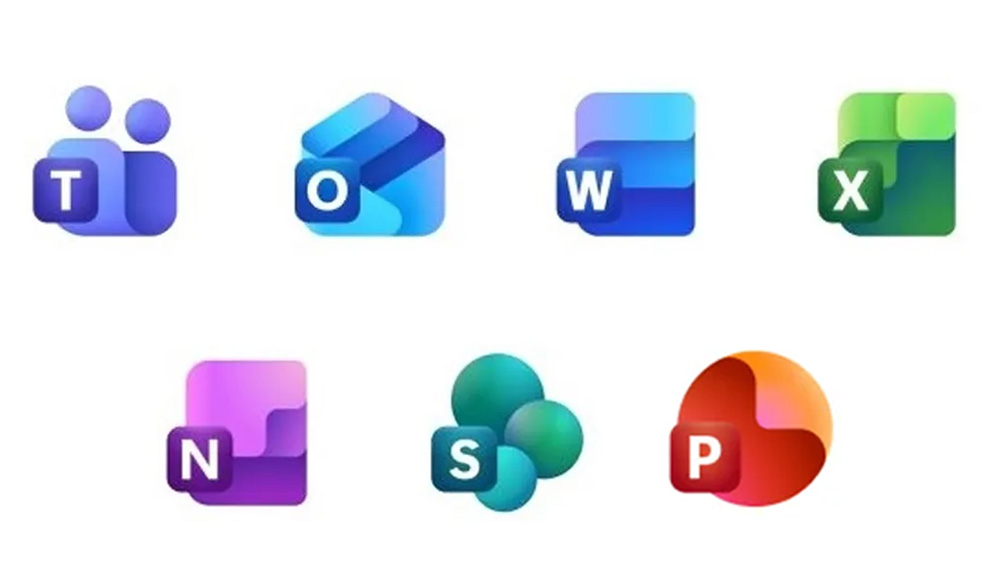Google Unveils Prototype Android XR Smart Glasses at TED Conference

In an exciting development for the world of augmented and virtual reality, Google recently showcased its cutting-edge prototype Android XR smart glasses during the ongoing TED Conference in Vancouver. This much-anticipated reveal was made by Shahram Izadi, the head of Googles AR and VR initiatives, who took to the stage sporting what appeared to be an ordinary pair of glasses. However, these were no ordinary spectacles; they were functioning prototypes of Googles innovative Android XR smart glasses.
These glasses represent a significant leap forward in the Extended Reality (XR) technology landscape. Unlike traditional bulky headsets that often deter users due to their weight and cumbersome nature, the Android XR glasses promise a sleeker, more comfortable design. This transformation aims to make XR technology more accessible and affordable to a broader audience. At the heart of this innovation is Gemini, Googles advanced AI platform, which will empower users to interact with their environment in entirely new ways. Users can expect features that include launching apps, utilizing real-time search functionalities, engaging in gaming experiences, and navigating with Google Maps projected directly into their field of vision.
Moreover, the glasses are designed to work seamlessly with a paired smartphone, which handles the processing and heavy lifting. This clever design choice ensures that the glasses remain lightweight and easy to wear for extended periods. Reports suggest that Google is diligently developing these prototypes, and while it remains uncertain whether they will be marketed under the Google brand, several prototypes have already been tested by various publications, showcasing styles that range from classic eyeglasses to fashionable sunglasses. Notably, there are plans to incorporate prescription lenses, catering to a wider consumer base.
During the TED demonstration, Izadi and a colleague highlighted the capabilities of the Android XR glasses by showcasing live translations from Farsi to English, enabled by the powerful Gemini AI. Additionally, they demonstrated the glasses' ability to scan and interpret the contents of a book, alongside a fascinating memory feature that allows the AI to recall what the camera observed in the near past. To further illustrate the glasses' impressive functionality, Izadi revealed that the prototype could display his speech notes directly to him, enhancing user experience and interaction.
The technical specifications of these smart glasses include a built-in camera, an in-lens display, a microphone, and speakers, all of which contribute to the user-friendly experience. The integration with a smartphone enables a seamless flow of information, allowing users to access all their mobile applications effortlessly. Izadi elaborated on this synergy, stating, "These glasses work with your phone, streaming back and forth, allowing the glasses to be very lightweight and access all of your phone apps."
While there is still a cloud of uncertainty surrounding the potential release of Googles smart glasses, exciting news comes from Samsung, which is reportedly working on its own pair of smart glasses codenamed "Haean." According to recent reports, Samsung plans to launch these alongside a new headset as part of its Project Moohan. The Haean glasses are expected to prioritize user comfort by accommodating various face shapes and will be equipped with multiple cameras and sensors to track user movements effectively.























